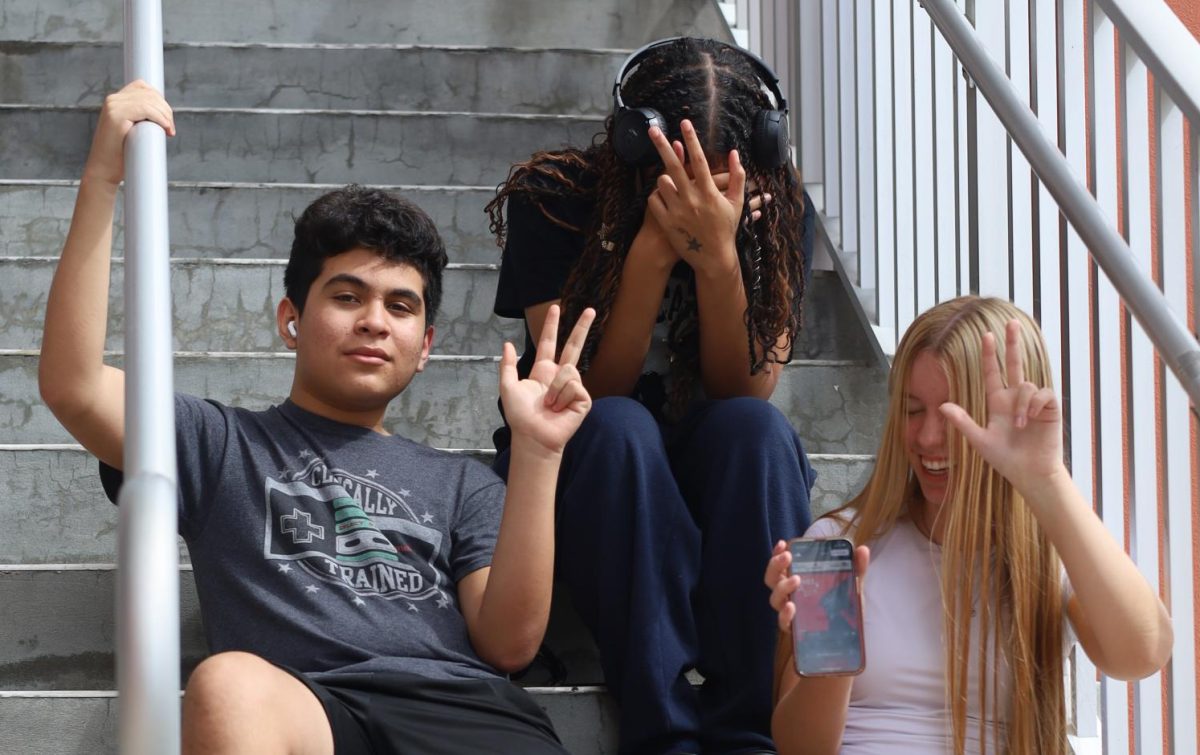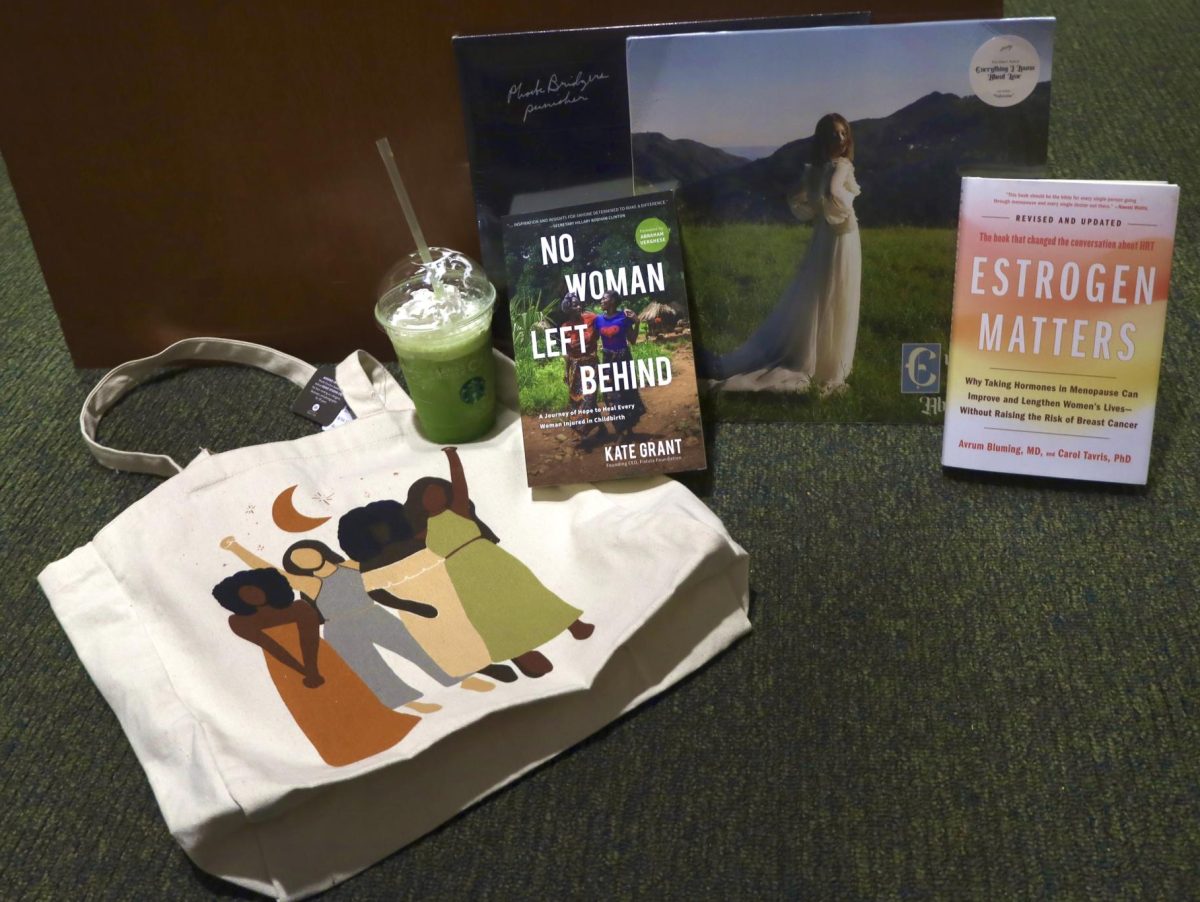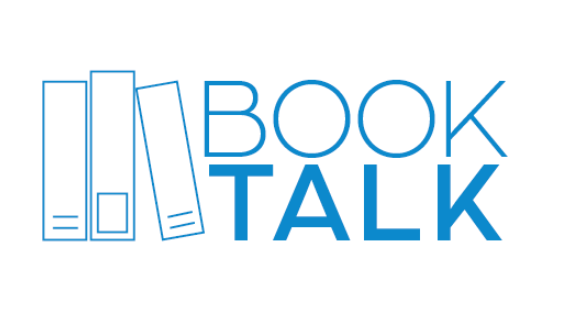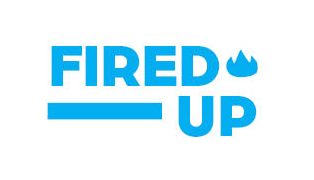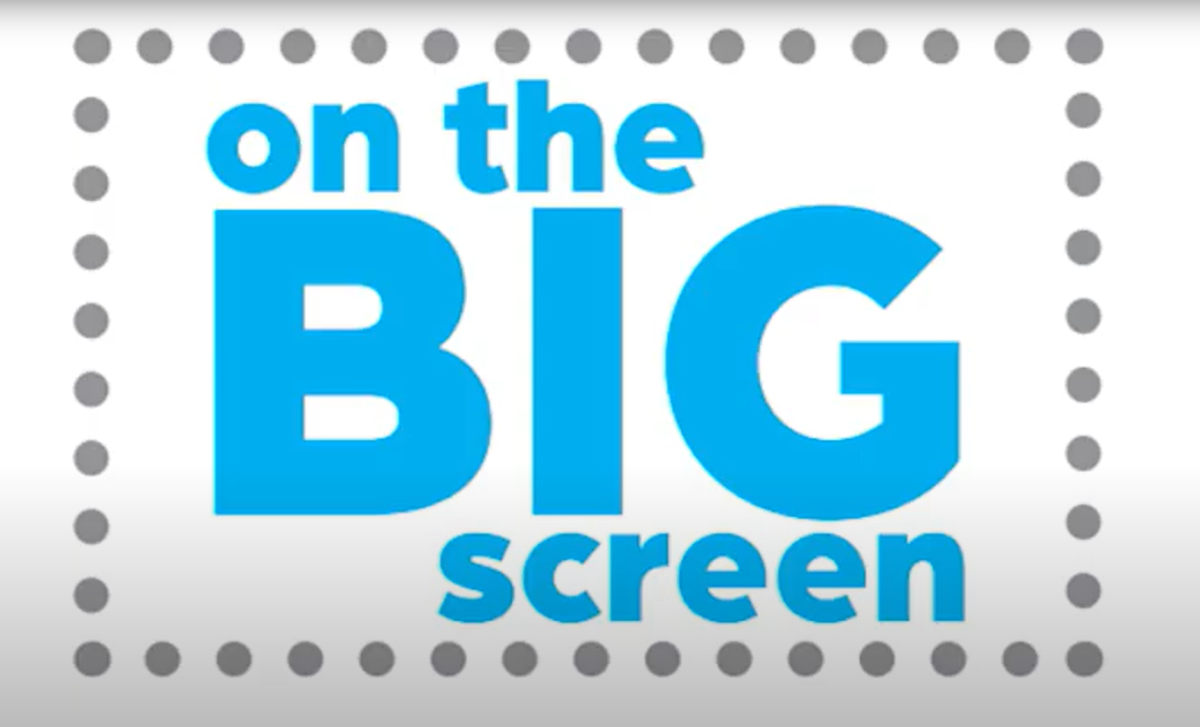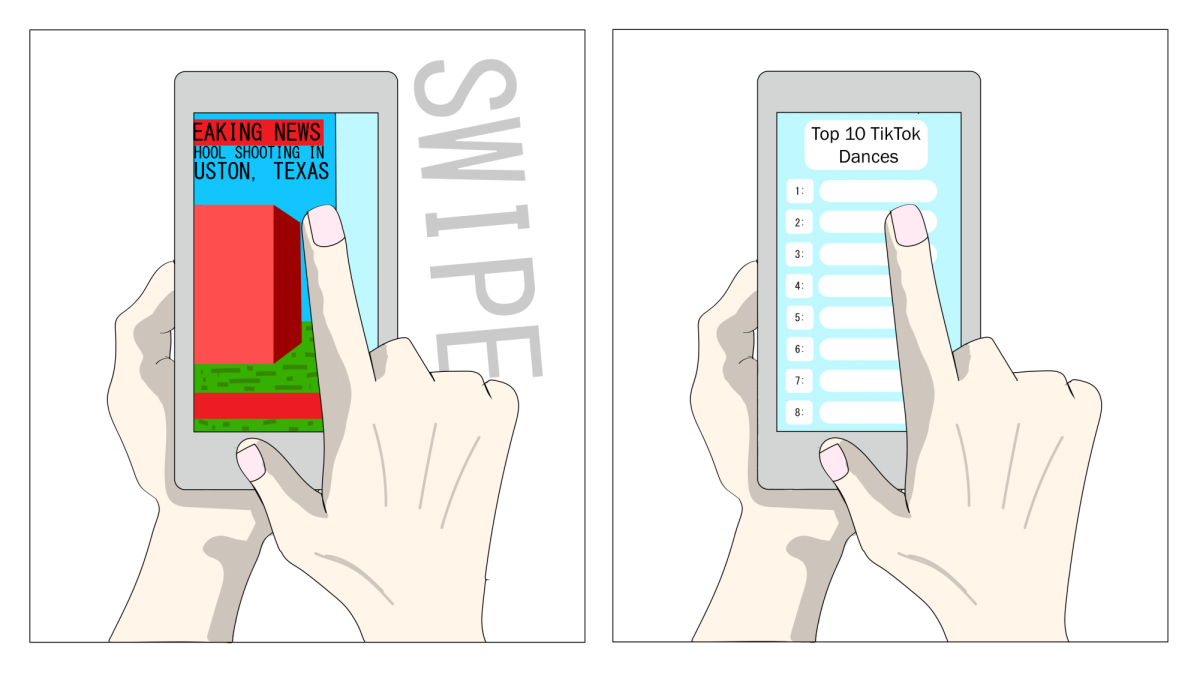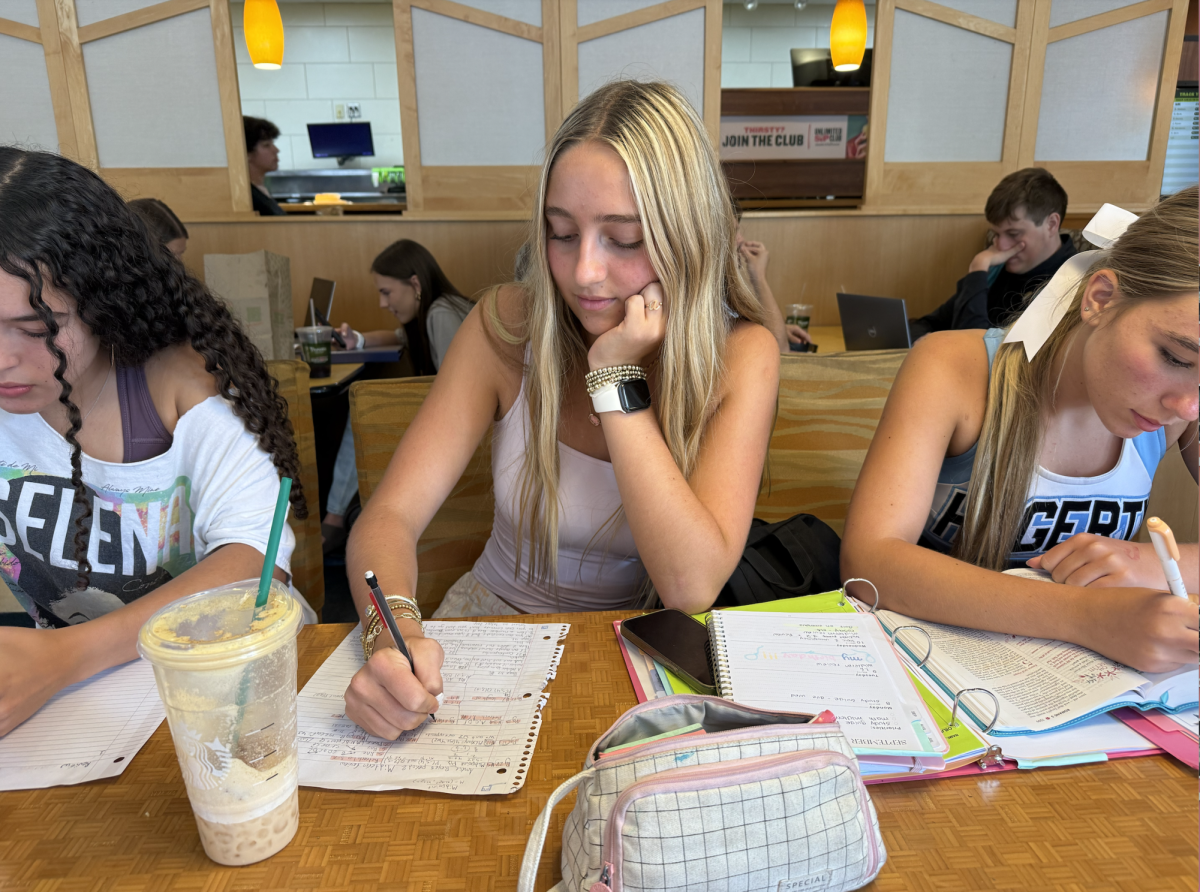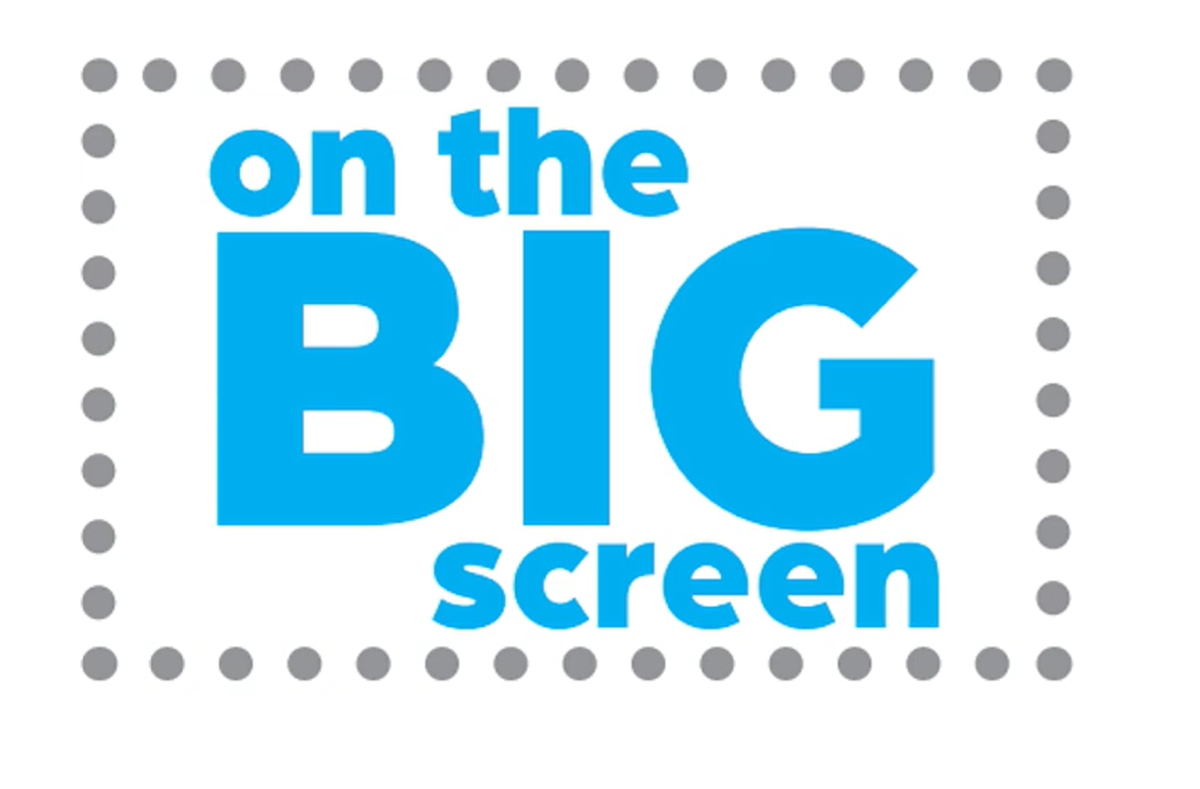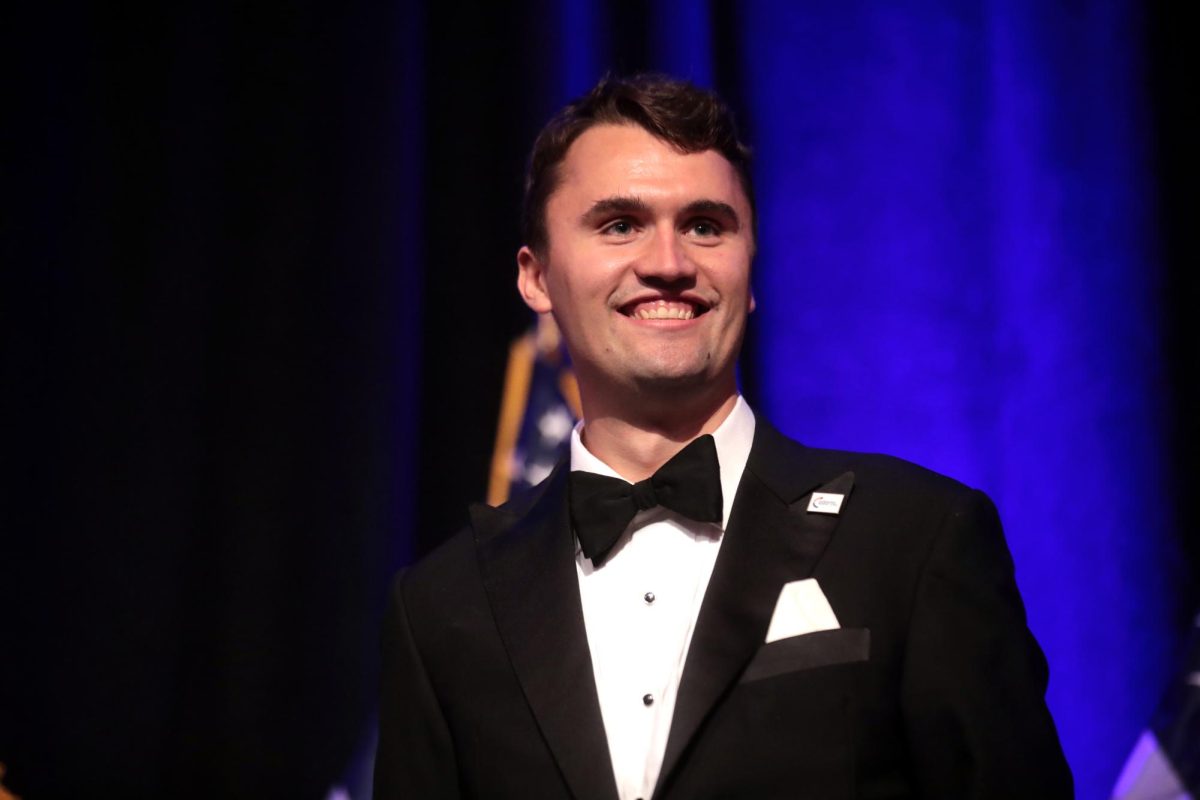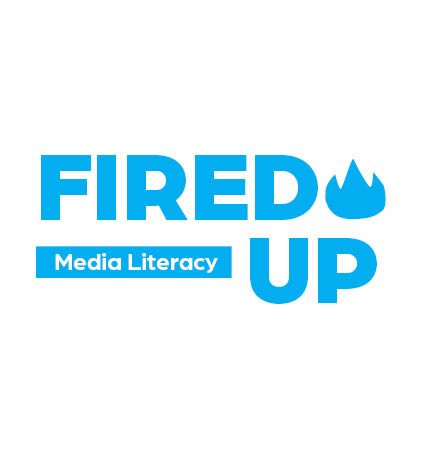
“Terror from the skies”
This was the caption of an Instagram post Oscar-winner Jaimie Lee Curtis made in early October. The post, paired with an emoji of Israel’s flag, was meant to show Curtis’ support for the citizens of Israel in current upheaval with Hamas, but there was an obvious and large issue with this post.
The photo was of Palestinian children.
Curtis’ post, which was deleted soon after, is just one example of many celebrities and social media influencers displaying a lack of news literacy and fact-checking when it comes to global issues, such as the Israel and Palestine war. A similar post was made by Grammy-winner Justin Bieber, who posted a damaged city in Gaza with the caption “Praying for Israel,” which was similarly deleted after immediate backlash from fans and followers.
Whether it is on the devastation in Israel and Palestine or another global event, influencers and those with large followings must do better at properly researching situations they choose to take a public stance on. When given a platform for singular voices to be heard, it can be easy for many others to be silenced—other voices that may have proper knowledge and sound standings on issues. It is not only appalling but dangerous to have uneducated voices raised so high while the voices of those who may have a closer connection to an issue are filtered out. Platforms must be used to raise the voices of others, not to speak for them.
However, it must be acknowledged that influencers are not who we should look to for guidance, opinions or inspiration in times of global crises—it is political leaders who must be called upon not only for acknowledgment but action. If Stranger Things actor Noah Schnapp posts a TikTok in support of the Israeli government, boycotting the upcoming final season of the Netflix series will bring no benefit or aid to Palestinian citizens, children and families. What can bring relief is the sharing of accurate information, stories of those actually living in Palestine, donations and calling elected officials to voice one’s concerns. These are the resources and tools that influencers should be sharing with their large followings.
A similar situation can be seen back in 2020 when the Black Lives Matter movement spread across social media. This was not the beginning of the movement, as it has been alive for well over a decade, but when those with large platforms chose to finally acknowledge it. Posting a black square and changing your TikTok profile picture to “BLM” as a user with millions of followers were not the most effective and impactful ways to promote the cause—directing followers to others who were well-versed on the topic, educational platforms and other resources would have encouraged more involvement and understanding from followers.
Relating back to current events, the movement of Free Palestine is not a sudden phenomenon or hashtag—it has been ongoing longer than most influencers have been alive.
If you are sympathetic to a cause but not directly affiliated, does this mean you should not engage with and support the movement on your account? Of course not. If you are not impacted by an event, but you still think others should learn of its effects, should you hit “delete” on your story post? No. What you should do is double-check that your sources are trustworthy, accurate and reliable. Less energy should be put into “canceling” influencers who do not agree with majority views and instead channeled into educating others on current events.

